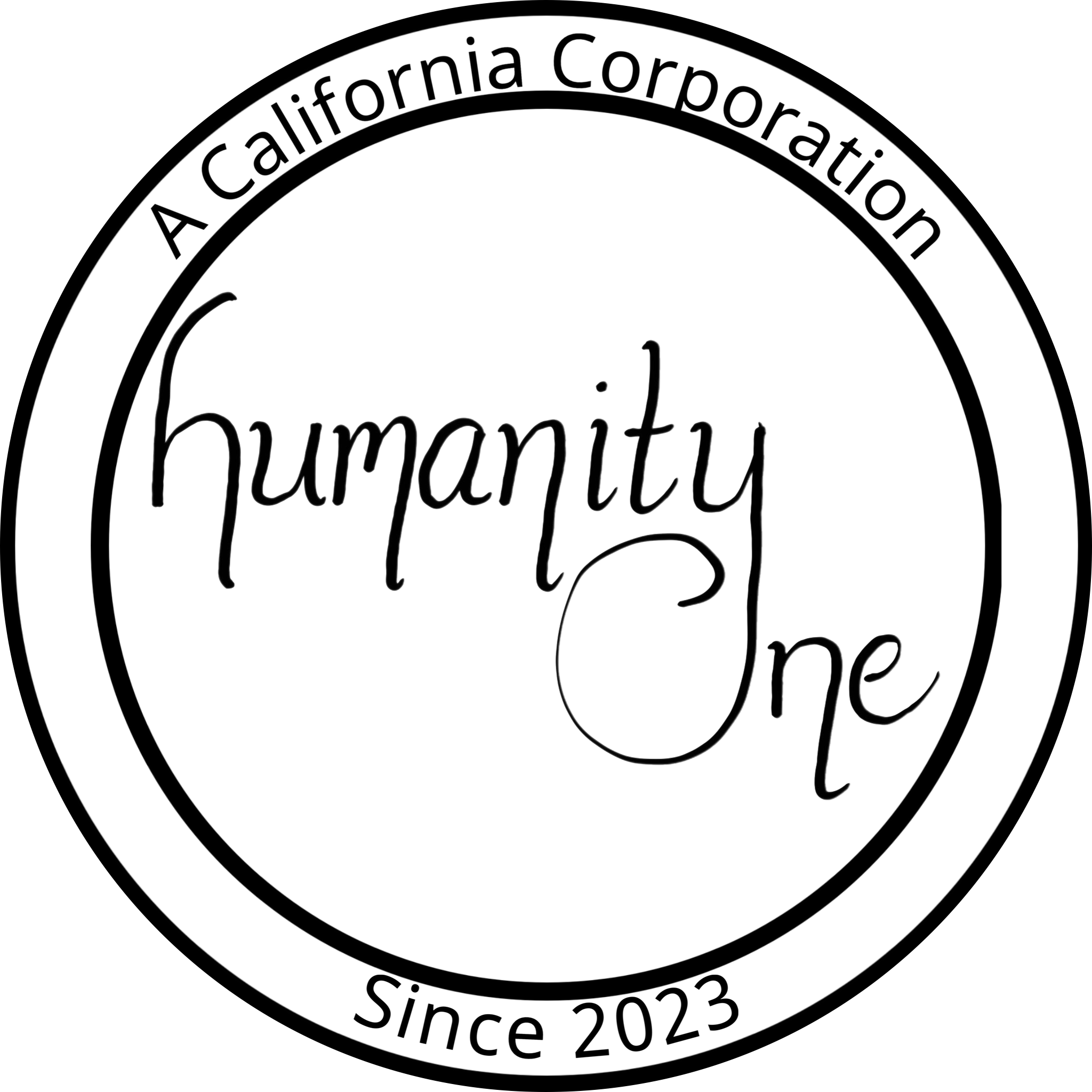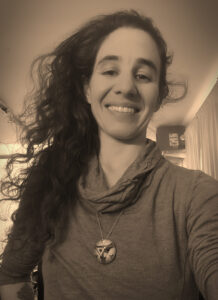I Am a Murderer. I don’t mean this as poetry or hyperbole. I mean it literally, as confession.
Three lives ended because of me: a toad, my friend’s dog, and a tiny kitten who trusted me enough to come close.
Each death was accidental. I didn’t see the toad in the road late at night, riding the atv out to turn on the well, and I ran it over. I didn’t double check to make sure a dog hadn’t laid down in front of the tire, but she had, and I crushed her frail body. I hadn’t considered a stray cat might have fallen asleep in one of the buildings and my dogs got ahold of her and killed her.
Each time people said what people say:
“It wasn’t your fault.”
“You couldn’t have known.”
“You did your best.”
But that’s not true. If I had been more careful, more aware, if I had taken more precautions— they would still be alive. I killed them. And I am responsible.
Obviously, acknowledging this does not feel pleasant. But not everything good or right is supposed to feel nice.
Now, Yom Kippur has just passed- a day when we fast, confess, pray. A day when we admit our wrongs and plead for mercy. But the work of Yom Kippur does not end when the sun sets. It follows us into the days after, and then cycles back through our lives, asking: What did you learn? What will you do differently now?
These days, guilt may be treated like something to escape. People rush to reassure:
“You’re only human.”
“Don’t be so hard on yourself.”
“We all make mistakes.”
We speak these words because we want to push away discomfort, to make everything feel lighter.
But not all heavy loads are bad. Some loads are sacred. These feelings—guilt, responsibility, remorse, regret— they’re not pleasant, but they’re not unhealthy either. They mean the conscience still works. They mean we remain engaged with and connected to what we are doing in our lives.
To stand before G-d without excuses and say,
“I sinned.
I failed.
It was me.”
That is the starting point— the beginning of truth, where transformation gets fertilized and can begin to grow.
There’s an ancient story behind all this. Of course there is, right?
When the Temple still stood in Jerusalem, there was one day each year when the High Priest entered the most sacred space—the Holy of Holies.
That day was Yom Kippur. Before he stepped through the curtain, he spoke words that have been repeated for centuries since. They weren’t excuses. He didn’t say, “I tried.” He said, “I have sinned. I have done wrong. I have rebelled.” He said it not once, but three times—first for himself, then for his household, then for the entire people. Only after that truth was spoken—without defense, without explanation—did atonement begin.
Guilt that just sits, corrodes. Guilt that’s denied hardens into callousness. But if it burns—if we let it burn— it can become light. Because guilt, in its truest form, is the friction that starts the fire of change. And without it, nothing transforms.
I cannot bring back the toad, or the dog, or the kitten. But I can let their deaths change me. I can slow down. Pay more attention. Create safer spaces. Take fewer chances with lives that are not mine to risk. This is teshuvah—the act of returning. Not the often self-serving release that comes from punishing oneself. And definitely not denial.
Return.
Change.
Resolve.
So here I stand, after Yom Kippur, still guilty, still human, but determined that their deaths will not be meaningless.
And here is where forgiveness can enter. Not the quick, easy kind that turns pain into platitudes. Not the sort that shrugs and says, “accidents happen.” That isn’t forgiveness. That’s bypassing.
Real forgiveness costs something. And it won’t wipe away the stain, but it can lift the residue. It’s not a mechanism for silencing guilt, but it can reshape that guilt into vigilance.
If forgiveness comes— from G-d, from creation, perhaps even from the memory of those small lives I failed— then let it mean this:
I have chosen to accept the burden openly before G-d and have been changed by it. And through that change, their lives are still in existence, taking up their space within me. Forgiveness, then, is not a pass to forget or wipe clean. It is the grace to go on living— but not the same.
It is in this transformation that forgiveness may be earned because if it is worth changing for, then it must matter, since we are only motivated to change for that which is worthy of mattering.
As we move forward, out of what we have already done into what we are choosing in each now moment to do, may we face what is ours to face, carry what is ours to carry, and let it change us so that we, too, may inspire (*hint: think 'breathe-in") a Light worthy of creation.
Amen.


